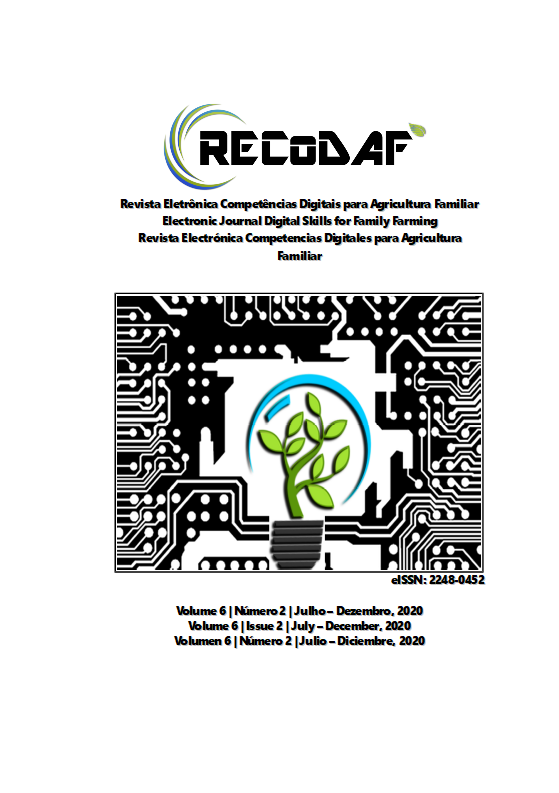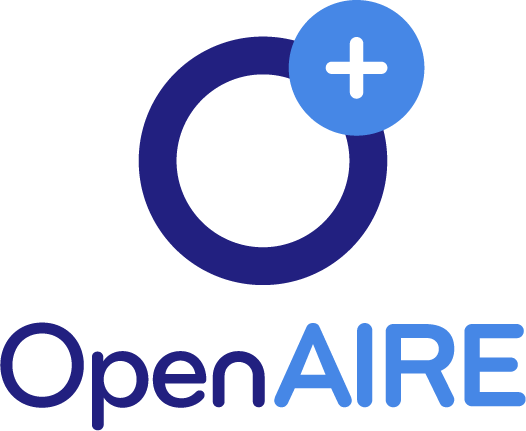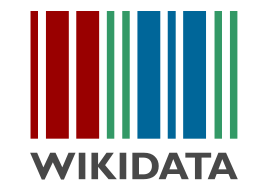Conceptualization of digital identity as an informational competence in the context of family farming
Keywords:
Digital identity, Online reputation, Informational skills, Digital skills, Family farmingAbstract
Current informational competences have been reoriented towards a more social perspective, trying to address new dynamics of participation and content creation in the new digital media. The development and management of an adequate Digital Identity must be understood as an indispensable informational competence in today's digital presence. The concept of Digital Identity is presented as a necessary competence in the economic field of Family Farming, a developing industry, with characteristics marked by progressive automation and greater visibility in the social and economic field. Good practices and useful platforms are proposed for Digital Identity and Online Reputation Management in this sector, especially oriented to entrepreneurs and start-ups.Downloads
References
ALSOS, G. A.; CARTER, S.; LJUNGGREN, E. (eds.). The handbook of research on entrepreneurship in agriculture and rural development. Cheltenham: Edward Elgar Publishing, 2011.
ASSIS RODRIGUES et al. Findability aspects in family farming digital information environments. WAPOR ANNUAL CONFERENCE, BUENOS AIRES, 68., 2015. Proceedings […]. 2015. Disponível em: https://www.researchgate.net/publication/294721254_Findability_aspects_in_family_farming_digital_information_environments. Acesso em: 12 nov. 2020.
AULA, P.; HEINONEN, J. The reputable firm: how digitalization of communication is revolutionizing reputation management. Cham: Springer, 2016.
AULA, P.; MANTERE, S. Strategic reputation management: Towards a company of good. New York: Routledge, 2008.
BAUMAN, Z. Globalization: the human consequences. Cambridge: Polity Press, 2005.
BECK, E. N. The invisible digital identity: Assemblages in digital networks. Computers and Composition, London, v. 35, p. 125-140, 2015.
CAMENISCH, J. et al. Blind and anonymous identity-based encryption and authorised private searches on public key encrypted data. In: INTERNATIONAL CONFERENCE ON PRACTICE AND THEORY IN PUBLIC KEY CRYPTOGRAPHY, 12., 2009, Irvine, CA. Proceedings […]. Berlin: Springer, 2009.
COMISIÓN EUROPEA. Apoyo a los sectores agrícola y alimentario en la crisis del coronavirus. EC, 2020. Disponível em: https://ec.europa.eu/info/food-farming-fisheries/farming/coronavirus-response_eslatest. Acesso em: 12 nov. 2020.
COMISIÓN EUROPEA EU farms and farmers in 2013: an update. EC, 2015. Disponível em: https://ec.europa.eu/info/sites/info/files/food-farming-fisheries/farming/documents/agri-farm-economics-brief-09_en.pdf. Acesso em: 12 nov. 2020.
COSTA, C. et al. Game creation in youth media and information literacy education. International Journal of Game-Based Learning (IJGBL), Hershey, v.8, n.2, p. 1-13. 2018.
ÇÖTELI, S. The impact of new media on the forms of culture: digital identity and digital culture. Online Journal of Communication and Media Technologies, Cyprus, v. 9, n. 2, p. e201911, 2019.
DEUZE, M. Participation, remediation, bricolage: considering principal components of a digital culture. The Information Society, New York, v. 22, n. 2, p. 63-75, 2006.
FERNÁNDEZ, C. Los mercados de producto local y ecológico afloran en toda España. Bioeco actual, [S. l.]. 2019. Disponível em: https://www.bioecoactual.com/2019/01/03/mercados-de-producto-local-ecologico/. Acesso em: 12 nov. 2020.
FRESNO, M. del. Cómo investigar la reputación online en los medios sociales de la web 2.0. Cuadernos de comunicación Evoca, Madri, v. 5, n. 1, p. 29-33, 2011.
ESPAÑA. Instituto Nacional de Tecnologías de la Comunicación (INTECO). Guía para usuarios: identidad digital y reputación online. INTECO, 2012. Disponível em: https://www.av-asesores.com/upload/590.PDF. Acesso em: 12 nov. 2020.
JACQUES, J. A. Model of the media literacty competences required by personal and shared information management. International Summer School “Digitization and its Impact on Society”, Dresde, 2013.
LANKESTER, A. L. Self-perceived roles in life and achieving sustainability on family farms in North-eastern Australia. Australian Geographer, v. 43, n. 3, p. 233e251, 2012.
LEHMANS, A. New perspectives in Transliteracy and the Evolution of the french “Professeur-Documentaliste”. European Meeting on Media and Information Literacy Education. Milan, 2012.
MARANTO, G.; BARTON, M. Paradox and promise: MySpace, Facebook, and the sociopolitics of social networking in the writing classroom. Computers and Composition, London, v. 27, n. 1, p. 36–47, 2010.
MARZAL, M. A.; BORGES, J. Modelos evaluativos de Metaliteracy y alfabetización en información como factores de excelencia académica. Revista Española de Documentación Científica, España, v. 40, n. 3, p. e184, 2017.
MARZAL, M. A.; MARTÍNEZ-CARDAMA, S. Clasificación de la investigación académica en Metaliteracy. Revista Española de Documentación Científica, España, v. 43, n. 4, p. e279, 2020.
NASCIMENTO FERREIRA, D. J.; HILLING, C. Juventude Rural e Protagonismo: caminhos para o desenvolvimento local. RECoDAF: Revista Eletrônica Competências Digitais para Agricultura Familiar, v. 4, n. 2, p. 200-227, 2018.
O’HARA, K.; TUFFIELD, M. M.; SHADBOLT, N. Lifelogging: privacy and empowerment with memories for life. Identity in the Information Society, Dordrecht, v. 1, n. 1, p. 155-172, 2008.
POLINARIO, J. Cómo divulgar ciencia a través de las redes sociales. Almería: Círculo Rojo, 2016.
SANTAMARÍA RAMOS, F. J. Identidad y reputación digital. Visión española de un fenómeno global. Ambiente Jurídico, Manizales, n. 17, p. 11-43, 2015.
SUESS-REYES, J.; FUETSCH, E. The future of family farming: A literature review on innovative, sustainable and succession-oriented strategies. Journal of rural studies, New York, v. 47, p. 117-140, 2016.
ZLOTEANU, M. et. al. Digital identity: the effect of trust and reputation information on user judgement in the Sharing Economy. PloS one, United States, v. 13, n. 12, 2018.
Downloads
Published
How to Cite
Issue
Section
License
Authors who publish with this journal agree to the following terms:- Authors retain copyright and grant the journal right of first publication (including translated publications) with the work simultaneously licensed under a Creative Commons Attribution License (CC BY-NC-SA 4.0) that allows others to share the work with an acknowledgment of the work's authorship and initial publication in this journal.
- Authors are able to enter into separate, additional contractual arrangements for the non-exclusive distribution of the journal's published version of the work (e.g., post it to an institutional repository or publish it in a book), with an acknowledgment of its initial publication in this journal.
- Authors are permitted and encouraged to post their work online (e.g., in institutional repositories or on their website) prior to and during the submission process, as it can lead to productive exchanges, as well as earlier and greater citation of published work (See The Effect of Open Access).























